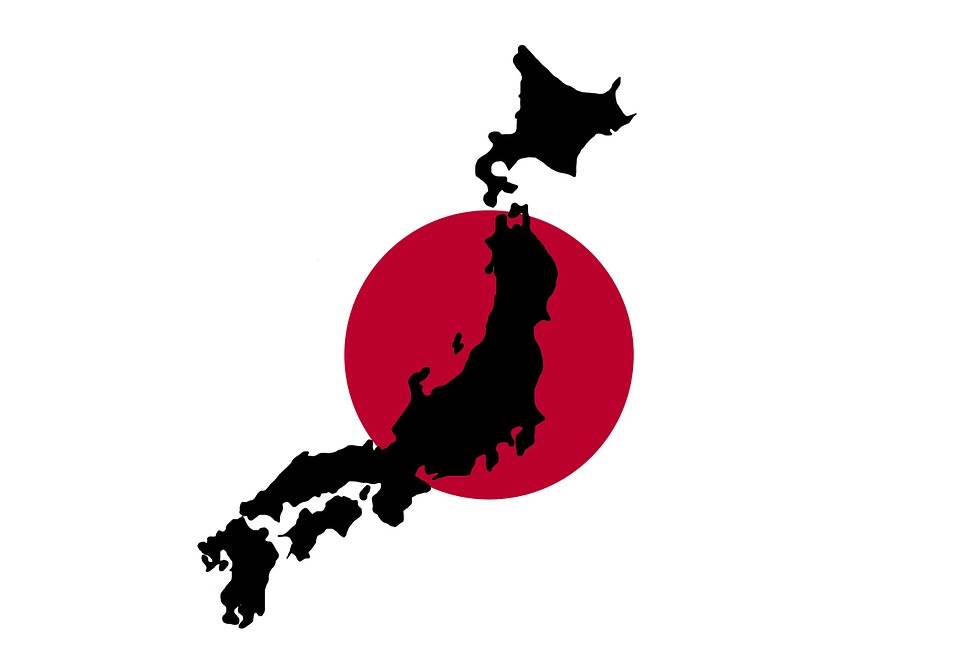 A Bank of Japan Board Member said on Wednesday that the Bank intends to continue conducting monetary policy "appropriately" with the purpose of reaching their inflation target, taking into account the downside risks, besides the negative and positive effects of such a measure.
A Bank of Japan Board Member said on Wednesday that the Bank intends to continue conducting monetary policy "appropriately" with the purpose of reaching their inflation target, taking into account the downside risks, besides the negative and positive effects of such a measure.
“My recent concern is that, amid significant downside risks concerning overseas economies, negative effects would be exerted on prices,” said the Bank of Japan board member Takako Masai , “I intend to continue to conduct monetary policy appropriately toward achieving the price stability target while considering all conceivable adverse and positive effects from every angle,” he added
This implies that the bank would proceed with further easing if for some reason it seems that the institution is failing on its goal of keeping the inflation levels at 2 percent. This is in line with the Bank's most recent monetary policy stance, as they pledged to ease it while keeping their interest rates unchanged.
Markets were expecting the bank to further cut its negative interest rate, given the current global economic situation and the fact that Japan's second-quarter economic growth was revised down to 1.3 percent (from a year-to-year 1.8 percent), 0.3 percent more than the first quarter. However, Takako Masaki highlighted that the bank usually carries out its policies as a package and was not willing to discuss any individual measure.
“(The BOJ) is carrying out a policy as a package on the whole, so it’s not appropriate to single out a particular measure and discuss its pros and cons,” she added.
In its last meeting, the Bank's board expressed its fear of losing the momentum toward hitting its 2 percent inflation target, hence signaled its willingness of easing its monetary policy if needed. This is the reason why the bank signaled that they would discuss and reexamine the economic and price developments on their next meeting, in October.
Japan's economic expansion is likely to continue
Regarding Japan's economic growth, Takako Masai foresees a further expanding economy.
"Japan’s economy is likely to continue on an expanding trend throughout the projection period," she said, highlighting the increasing downside risks due to the global economic situation, particularly those linked to the trade wars.
Japan is expected to implement a tax hike on October 1, in order to ease their fiscal problems. Japan's debt has increased significantly due to an aging population and needs to increase its sales tax from 8% to 10%, a move that Shinzo Abe's political Rival Taro Yamamoto calls "crazy".
In order to curb the adverse consequences of such a move, Japan pledged to implement certain fiscal measures, like providing free education and financial assistance to low-income earners.
By 9:31 GMT the USD/JPY pair was at 107.29, gaining 0.22 percent. The GBP/JPY was down by 0.18 percent, at 133.44, and the EUR/JPY was at 118.04, increasing 0.08 percent.
